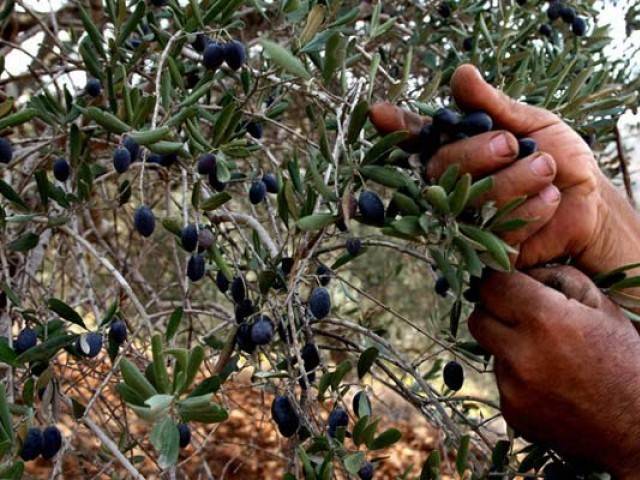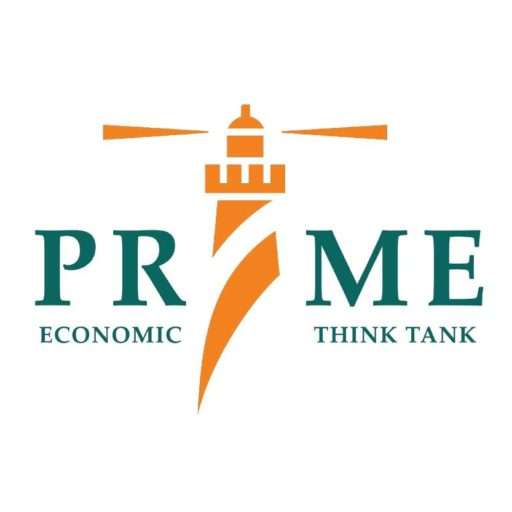Olive story – how to harness potential?
Ali Salman
With 4m hectares identified for olive plantation, country can become major player in long run

TUNIS: Tunisian city famous for olives and olive oil where I was invited by one of the world’s largest producers of organic olive to visit their mill and processing facilities. In about 20 years since its formation, the company has achieved global leadership with annual production touching 50,000 tons of olive oil. There is a lot that Pakistan can learn as it has set its eyes to enter the competitive olive market.
The recent bilateral interest between Tunisia and Pakistan to enhance economic cooperation offers a fertile ground for both countries. For at least the last 15 years, the government in Pakistan has provided support to olive growers in the form of free plants, subsidised drip irrigation system and other facilities. It has even brought olives processing machines, which are available free of charge to the growers.
According to the government, 4 million hectares of land has been identified in Pakistan which is suitable for olive cultivation. Spain, the world’s largest olive oil exporter, which has almost 40% of global market share in exports, has around 2.5 million hectares of land for olive cultivation. Pakistan imported around 4,000 tonnes of olive oil in 2020, and locally produced 1,000 tonnes last year. Also, Pakistan is anticipated to import 3.7 million tons of edible oil in the current year.
These figures are clearly indicative of the huge gap that exists and suggest high level of potential demand for Pakistani olive oil – initially domestically, and then in the international market. Tax holidays on the import of machinery for olives, rupee depreciation and CPEC are all major factors that may contribute to increase in olive oil production by local companies.
In addition to the potential areas for greenfield projects, estimates have revealed that if 8 million wild olive trees in different provinces are grafted and converted into productive olive, there is a huge potential for earning export revenue. The government’s initiative in 2016 to launch an ‘Olive Valley’ programme in Potohar grew 1 million olive trees on 8,000 acres. Some 750 farmers worked on the programme to produce olive oil.
The government also plans to issue certifications for the marketing and branding of olive oil by the private sector. The project targets plantations over 50,000 acres in the country by 2022. There are many small-scale olive growers in Pakistan, and some of them have started branding and selling them locally. Local producers and sellers are now marketing Pakistani extra-virgin olive oil in the niche domestic markets.
Their pricing strategy largely follows the imported brands. With 12,000 hectares under plantation of olive plants already, and with 4 million hectares of land identified for olive plantation, Pakistan has the potential to become a major player in the long term. However, it needs patient investment, rigorous planning and vigilant execution over the next couple of decades. Thanks to a supportive government, the unmet demand and vast supply of land and olive plants, Pakistan may become the next olive story of the world. There are some major challenges.
First, it is the economies of scale without which it is not likely to reduce the current high level of cost – and hence high prices. This can only be done through land consolidation and corporate farming. Second, quality assurance and standardisation of labels is critical for winning customer trust. Third, investment in branding is an important precondition for getting market share. Fourth, investment in olive demands patient investment – it cannot yield even full-scale production in the first five years and earning of income only follows that.
Lastly, and most importantly, if we cannot sell olive oil at a price which is competitive in terms of substitutes, then this story will not go beyond hypes – of which we have seen a lot lately. The oft-repeated “Pakistan mein bara potential hai” (Pakistan has a lot of potential) is an over-rated statement of half-truth. One needs a realistic assessment and hard work before realising the potential. Pakistan’s emerging olive oil sector presents a similar potential but hopefully it will not face the same fate as others.
The writer is the executive director of PRIME, an independent economic policy think tank based in Islamabad
Published in The Express Tribune, February 28th, 2022.


